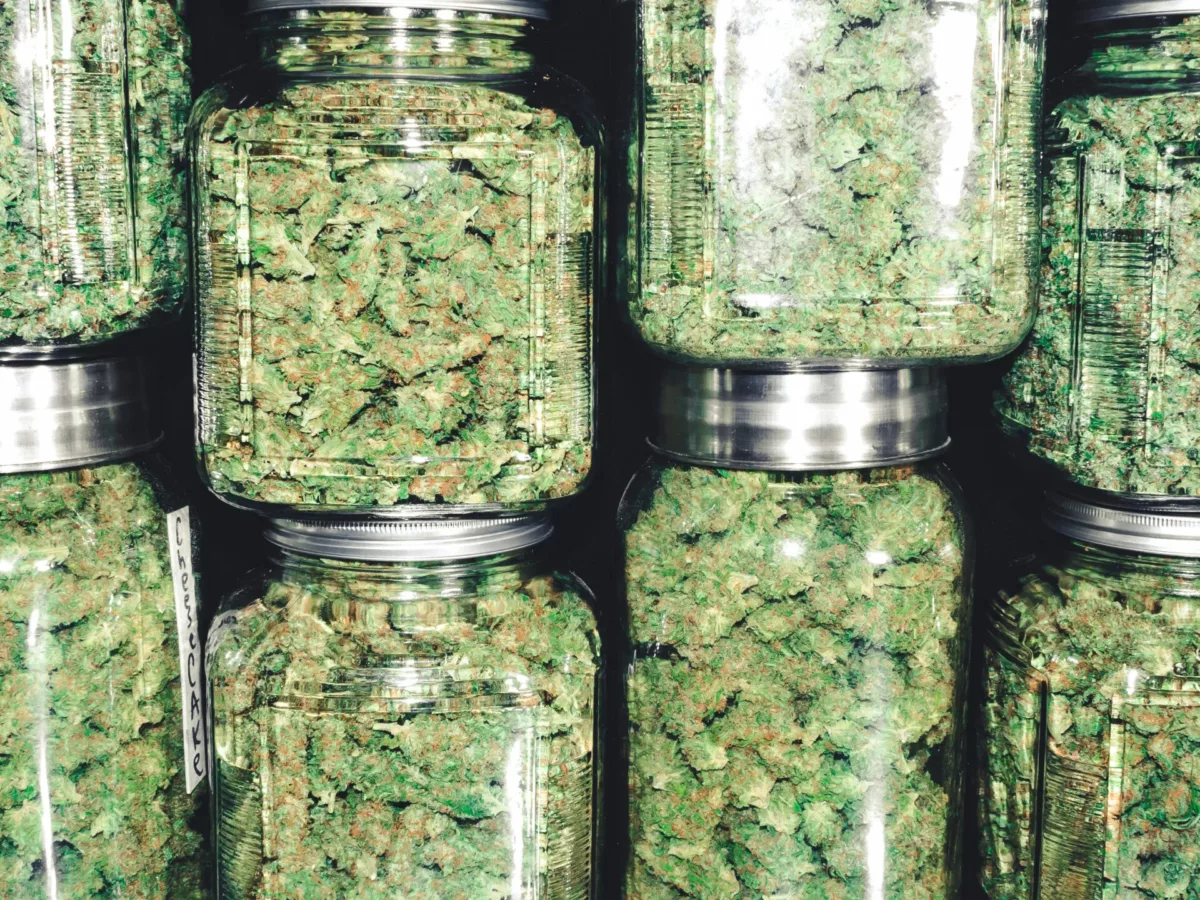Prosecutorial discretion, the power of government prosecutors to choose which cases to pursue or dismiss, has been under scrutiny lately in Virginia, especially in regard to cannabis charges. In late 2020, the Supreme Court of Virginia declined to engage in a conflict between Arlington Commonwealth’s Attorney Parisa Dehghani-Tafti and county judges, over Dehghani-Tafti’s choice to drop cannabis possession cases, in line with the criminal justice reform platform that got her elected.
In 2019, Norfolk’s Commonwealth Attorney Greg Underwood also tried to defend his prosecutorial discretion in regard to cannabis charges at the Virginia Supreme Court, with mixed results. These conflicts in Arlington and Norfolk, among others, inspired a new Virginia law that upholds prosecutorial discretion, which will go into effect in March.
Dehghani-Tafti, who took office in 2020, is part of a wave of “progressive prosecutors” elected in the U.S. in recent years. They tend to support reductions in sentences and the use of cash bail, and increases in pre-arrest diversion, rehabilitation and treatment programs. Along with Dehghani-Tafti in Arlington and Underwood in Norfolk, multiple other prosecutors, including in Fairfax and Portsmouth, have reduced or stopped the prosecution of marijuana possession across the Commonwealth. It is not unusual for these reforms to spur some conflict.
In Dehghani-Tafti’s case, she moved to dismiss a cannabis possession charge just a few days into office. Instead of taking the routine step to grant her dismissal as an oral motion, the Arlington Circuit Court called for written briefs, scheduled oral arguments and wrote an opinion. In March, the four County Circuit Court judges entered an order requiring Dehghani-Tafti to provide a formal written explanation every time she drops or changes the charges in a case.
In response, in August, Dehghani-Tafti took the judges to the Virginia Supreme Court, saying they were undermining her authority. As reported by the Washington Post, the judges argued that Dehghani-Tafti was usurping the power of Virginia legislators.
The Outlaw Report asked Executive Director of Virginia NORML Jenn Michelle Pedini whether Commonwealth’s Attorneys should be able to drop cannabis possession cases through prosecutorial discretion.
“Yes, certainly,” Pedini said. “As Commonwealth Attorney Dehghani-Tafti has indicated, her move to drop petty marijuana cases was in line with the opinion of the Virginia General Assembly as it was moving forward in 2020 with passing decriminalization legislation.”
While these conflicts played out in the courts, the Virginia legislature did decriminalize cannabis possession, a change which took effect in July.
The Virginia Supreme Court avoided taking up Dehghani-Tafti’s petition on the procedural basis that she didn’t center her argument on one specific case.
“I think the court could have and should have decided the issue, but what is clear is that the court left the door open for us to come back,” she told the Washington Post.
Dehghani-Tafti’s office had not responded to a request for comment at the time of publication.
In 2019, Norfolk Commonwealth’s Attorney Greg Underwood stopped prosecuting misdemeanor cannabis appeals but was blocked by several local judges. He also took his case to the Virginia Supreme Court. It ruled that Virginia requires consent from judges to dismiss a charge.
In October 2020, Virginia Governor Ralph Northam signed legislation that will require judges to dismiss charges if the prosecution and defense agree to do so. Hampton Del. Michael P. Mullin (D) was chief patron of the corresponding House bill. According to a statement from his office, the legislation “is in response to situations in Norfolk, Arlington and Fairfax where judges refused to dismiss marijuana possession charges when elected prosecutors asked them to.”
The law will go into effect March 1.
Anotherlaw that will come into effect in March states, “possession of marijuana by an adult shall be a prepayable offense,” so people facing this charge won’t have to show up in court. And, obviously, if cannabis is legalized in Virginia, which islikely, that will also have a major effect on these issues. On Jan. 6, Steve Heretick (D-Portsmouth) reintroduced a legalization bill.






